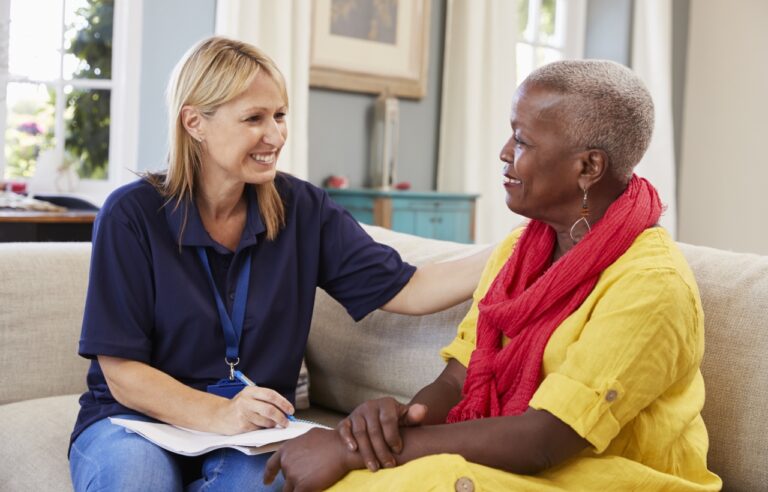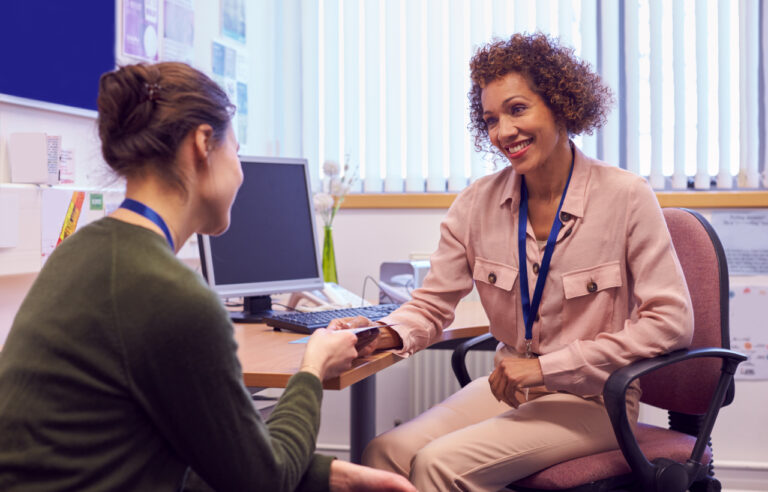The Importance of Early Intervention
Addressing mental health in the early stages of development is crucial. At The Hope Wellness Center in Newport, RI, we recognize the transformative power of early intervention in child and adolescent therapy. Our commitment to providing top-notch psychiatric services, therapy, and holistic treatments underscores our belief in creating brighter tomorrows for our younger clients.
Addressing Mental Health Conditions in Youth
Mental health conditions often begin to emerge during youth. According to a study, 75% of mental illnesses manifest before the age of 25 (PubMed Central). Despite this, young people aged 12 to 25 years experience the worst levels of access to mental health care, chiefly due to poorly designed and under-resourced health services.
Early intervention is pivotal in addressing various mental health concerns before they evolve into more severe conditions. Conditions such as depression, anxiety, and behavioral disorders can considerably impact an adolescent’s life if not treated promptly. By providing targeted treatment early on, we can significantly diminish the long-term effects of these conditions.
Benefits of Early Intervention Programs
Early intervention programs present numerous benefits. These programs are designed to meet the unique needs of children and adolescents, ensuring that they receive appropriate, timely, and effective care. Here are a few key advantages:
- Reduction in Symptoms: Programs like the headspace model in Australia have demonstrated substantial success. They have shown effectiveness in reducing symptoms such as suicidal ideation, self-harm behaviors, and absenteeism from school or work.
- Improved Access to Care: Reform in youth mental health services is gaining global traction. Various countries, including the UK, Ireland, Canada, and the USA, are adopting culturally appropriate models that provide accessible, stigma-free, and multidisciplinary care (PubMed Central).
- Preventive Strategies: These strategies adopt multi-level approaches targeting different aspects of adolescent mental health:
- Universal Prevention: Focuses on neurodevelopment and basic mental health education.
- Selective Prevention: Focuses on at-risk individuals showing early signs of mental health issues.
- Indicated Prevention: Provides care for individuals already experiencing significant mental health impairments.
| Benefit | Description |
|---|---|
| Symptom Reduction | Lessens suicide ideation, self-harm, and absenteeism. |
| Improved Access | Provides culturally appropriate, non-stigmatizing, multidisciplinary care. |
| Preventive Strategies | Targets neurodevelopment, at-risk individuals, and those with functional impairments. |
At The Hope Wellness Center, our goal is to provide comprehensive early intervention services to aid children and adolescents in navigating their mental health journeys. By addressing mental health conditions early, we equip our young clients with the tools they need for happy, healthy futures. For further details on how we can assist, explore our various services like cognitive behavioral therapy, online counseling, and more.
Explore more about the importance of mental health for the youth:
- Understanding Cognitive Behavioral Therapy (CBT): Is It Right For You?
- The Benefits of Online Counseling Services for Mental Health
- Exploring Different Types of Psychotherapy: Which One Fits Your Needs?
Psychotherapy for Children and Adolescents
Child and adolescent psychotherapy addresses emotional and behavioral issues through various therapeutic approaches. At The Hope Wellness Center in Newport, RI, we believe in the transformative power of psychotherapy for young individuals. Children and adolescents often face unique challenges that can significantly impact their mental well-being. Timely intervention and support can foster healthier, brighter tomorrows.
Types of Psychotherapy
Different types of psychotherapy are available for children and adolescents, each involving various approaches, techniques, and interventions to address emotional and behavioral issues (AACAP).
Common therapies include:
- Cognitive Behavioral Therapy (CBT): Focuses on altering negative thought patterns and behaviors. Effective for treating depression, anxiety, ADHD, and behavioral problems (Start My Wellness). More information can be found here.
- Play Therapy: Utilizes play to help children express emotions and resolve conflicts. Effective for children ages 3-12.
- Family Therapy: Engages the entire family in the therapeutic process to improve communication and resolve conflicts. Read about its benefits here.
- Dialectical Behavior Therapy (DBT): Combines cognitive-behavioral techniques with mindfulness practices to address emotional regulation and interpersonal conflicts. Learn more here.
Role of Child and Adolescent Psychiatrists
Child and adolescent psychiatrists play a crucial role in delivering effective psychotherapy. They are trained in various forms of psychotherapy and can combine different treatments, including medication, to help alleviate emotional and behavioral problems when necessary.
Key responsibilities include:
- Diagnosis and Assessment: Evaluating the child’s or adolescent’s mental health condition through comprehensive assessments.
- Treatment Planning: Developing personalized treatment plans that address the specific needs of each patient.
- Medication Management: When required, psychiatrists prescribe and manage medications to support the therapeutic process.
- Therapeutic Interventions: Providing individual therapy, family therapy, and other specialized interventions.
Psychotherapy Effectiveness
Psychotherapy’s process is described as complex and rich, aimed at reducing symptoms, providing insight, and enhancing the functioning and quality of life for children and adolescents over time. Effective psychotherapy can encourage strengths, develop self-esteem, improve communication, and enhance academic performance, leading to long-term positive outcomes.
| Therapy Type | Effectiveness |
|---|---|
| CBT | Effective for depression, anxiety, ADHD, behavioral problems |
| Play Therapy | Effective for children ages 3-12 |
| Family Therapy | Improves family communication, resolves conflicts |
| DBT | Focuses on emotional regulation and interpersonal conflicts |
For more information on different types of therapies, see our guide on exploring different types of psychotherapy.
Our dedicated child and adolescent psychiatrists at The Hope Wellness Center provide compassionate care tailored to each child’s unique needs, leveraging the power of psychotherapy to pave the way for healthier emotional development. For those interested in online services, check out the benefits of online counseling services we offer.
Impact and Effectiveness of Play Therapy
Play therapy is a profoundly effective approach for addressing psychological issues in children and adolescents. Its unique methodology makes it particularly suitable for young ones.
Benefits for Children Ages 3-12
Play therapy is especially beneficial for children between the ages of three and twelve. During this critical developmental stage, children naturally use play as a primary means of communication and expression. Play therapy leverages this natural inclination, providing a safe environment for children to:
- Explore and communicate their experiences and emotions
- Learn coping strategies
- Develop positive relationships
According to PMC, this form of therapy allows children to navigate their feelings and behaviors in a structured yet flexible setting. This can be especially advantageous for children who may find it difficult to articulate their feelings verbally.
| Age Group | Key Benefits of Play Therapy |
|---|---|
| 3-6 years | Enhanced emotional expression, social skills development |
| 7-9 years | Improved communication skills, self-esteem boost |
| 10-12 years | Reduction in behavioral problems, enhanced empathy |
Effectiveness in Addressing Psychological Issues
Research has demonstrated the effectiveness of play therapy in addressing a range of psychological and emotional issues. A meta-analysis of 17 randomized controlled trials highlighted its benefits:
- Reduction in Symptoms: Play therapy has been shown to effectively reduce symptoms of anxiety, depression, and behavioral problems in children (PMC).
- Improvement in Skills: It improves social skills, communication abilities, and self-esteem.
- Behavioral Management: The therapy helps in reducing aggression and enhancing self-regulation.
- Increase in Empathy: Children develop better empathy through structured play.
For more insights into therapy options, check out our article on exploring different types of psychotherapy.
| Psychological Issue | Effectiveness of Play Therapy |
|---|---|
| Anxiety | High |
| Depression | High |
| Behavioral Problems | High |
| Social Skills Deficits | High |
| Communication Skills Deficits | High |
| Aggression | High |
At The Hope Wellness Center, we emphasize the benefits of integrating play therapy into our child and adolescent psychiatric treatment programs. This method aligns with our holistic approach to mental health care.
For further information on child counseling benefits and how it can enhance emotional regulation and communication skills, visit our articles understanding cognitive behavioral therapy (cbt): is it right for you? and the importance of mental health counseling in today’s world.
Adolescent Counseling Essentials
Importance of Teen Counseling
Teen counseling is an essential service that provides young people with a safe space to work through mental health challenges. Adolescence is a time of significant change and development, and it can be fraught with issues such as hormonal shifts, peer pressure, and self-esteem problems. Counseling helps in teaching coping skills, setting realistic goals, and preventing crises (Newport Academy).
Some of the key benefits of teen counseling include:
- Building emotional regulation
- Healing from trauma
- Growing self-worth
- Repairing family relationships
- Gaining healthy coping skills
These benefits not only improve the well-being of the teens but also positively impact their families (Newport Academy).
Warning signs that may indicate a teenager needs counseling:
- Changes in behavior
- Expressing sadness or hopelessness
- Self-harm or talk of suicide
- Isolation
- Poor sleep
- Lack of motivation
If these signs are observed, it is important to seek help from a mental health professional.
Various Types of Adolescent Counseling
Adolescent counseling encompasses a range of therapeutic approaches designed to address the unique needs of teens. Different types of counseling include:
- Individual Therapy: One-on-one sessions focusing on the teen’s specific issues.
- Family Therapy: Sessions involving family members to address dynamics and improve communication.
- Group Therapy: Therapy in a group setting, allowing teens to connect with peers facing similar challenges.
- Trauma Therapy: Specialized therapy aimed at helping teens recover from traumatic experiences.
- Experiential Therapy: Engages teens in activities and experiences that facilitate emotional and psychological growth.
These therapeutic approaches are facilitated by trained and licensed clinicians specializing in counseling for adolescents.
| Type of Therapy | Focus | Benefits |
|---|---|---|
| Individual Therapy | One-on-one sessions | Personalized treatment, privacy |
| Family Therapy | Family involvement | Improved communication, strengthened relationships |
| Group Therapy | Peer interaction | Social support, shared experiences |
| Trauma Therapy | Trauma recovery | Healing from past experiences, resilience |
| Experiential Therapy | Activities-based | Hands-on learning, emotional growth |
At The Hope Wellness Center, we offer comprehensive adolescent counseling services tailored to meet the unique needs of each individual. Our goal is to help teens build a brighter future through effective therapeutic interventions. For more information, explore our articles on how to find the best therapist near you and the importance of mental health counseling in today’s world.
Cognitive Behavioral Therapy for Children
When it comes to the mental health treatment of children, Cognitive Behavioral Therapy (CBT) is a widely recognized and effective approach. It can address various psychological issues and help foster emotional regulation.
Treating Depression and Anxiety
CBT is a preferred method for treating depression and anxiety in children. This short-term therapy focuses on identifying and addressing unhelpful thought patterns or beliefs that contribute to distress (Healthline). Through CBT, children learn to replace negative thoughts with positive ones and make behavioral changes.
CBT involves practical steps such as:
- Identifying automatic negative thoughts.
- Challenging these thoughts.
- Developing more balanced thought patterns.
- Incorporating practices outside therapy sessions to reinforce learning.
For example, CBT has proven effective in treating conditions like ADHD, behavioral problems, and various anxiety disorders (Start My Wellness). CBT provides individualized approaches to encourage strengths, develop self-esteem, and improve communication and academic performance.
| Condition | Effectiveness of CBT (%) |
|---|---|
| Depression | 70 |
| Anxiety | 75 |
| ADHD | 65 |
| Behavioral Issues | 68 |
CBT helps children and adolescents not only understand their mental health issues but also equips them with the tools to manage these issues effectively.
Focus on Strengthening Emotional Regulation
Emotional regulation is another critical area where CBT proves beneficial. It teaches new coping skills to help children self-regulate emotions. Therapy sessions often include trust-building activities and psychoeducation about how emotions and thoughts are interconnected.
Key elements of emotional regulation in CBT include:
- Understanding automatic thoughts.
- Learning how the brain processes anxiety.
- Developing specific communication techniques for expressing feelings.
To help solidify these new skills, activities such as games, storytelling, drawing, and creating comic strips are incorporated, allowing therapists to model behaviors for children. These activities are beneficial for teaching children to practice healthy interactions and problem-solving skills in real life.
For more insights into understanding cognitive behavioral therapy, check out our article on understanding cognitive behavioral therapy (cbt): is it right for you?. Additionally, learn about different psychotherapy options in our guide to exploring different types of psychotherapy: which one fits your needs?.
Cognitive Behavioral Therapy provides a structured and efficient approach to improving the mental health and emotional well-being of children, making it a cornerstone of child and adolescent psychiatric treatment. For more on mental health resources, visit our article on the importance of mental health counseling in today’s world.
Child Counseling Benefits
The Hope Wellness Center in Newport, RI offers a comprehensive range of child and adolescent psychiatric treatment services. Among these, child counseling plays a pivotal role in fostering emotional and social development. Here we explore two key benefits of child counseling: enhancing emotional regulation and improving communication and social skills.
Enhancing Emotional Regulation
Child counseling helps children develop better emotional regulation by teaching them to identify and name their emotions, build emotional vocabulary, and practice expressing feelings constructively (Start My Wellness). This not only reduces the likelihood of acting out but also promotes a healthier emotional environment.
Improving Communication and Social Skills
Counseling sessions aim to improve communication and social skills through various techniques such as verbal expression development, non-verbal cue recognition, assertiveness training, and role-playing exercises. These interventions help children articulate their thoughts and feelings clearly and foster empathy for others.
| Counseling Focus | Benefits |
|---|---|
| Emotional Regulation | Identifying and naming emotions, building emotional vocabulary, expressing feelings constructively |
| Communication Skills | Verbal expression development, non-verbal cue recognition, assertiveness training, role-playing exercises |
For more insights on the benefits of therapy, visit our articles on understanding cognitive behavioral therapy (cbt): is it right for you? and the benefits of online counseling services for mental health.
Child counseling not only addresses specific challenges but also equips children with strategies and coping mechanisms they can use throughout life, increasing self-esteem and emotional regulation while reducing the risk of long-term mental health issues (Start My Wellness). Explore more on how to find the best therapist near you and exploring different types of psychotherapy: which one fits your needs?.
For additional support and resources, visit our pages on the importance of mental health counseling in today’s world and the role of family therapy in healing relationships.











